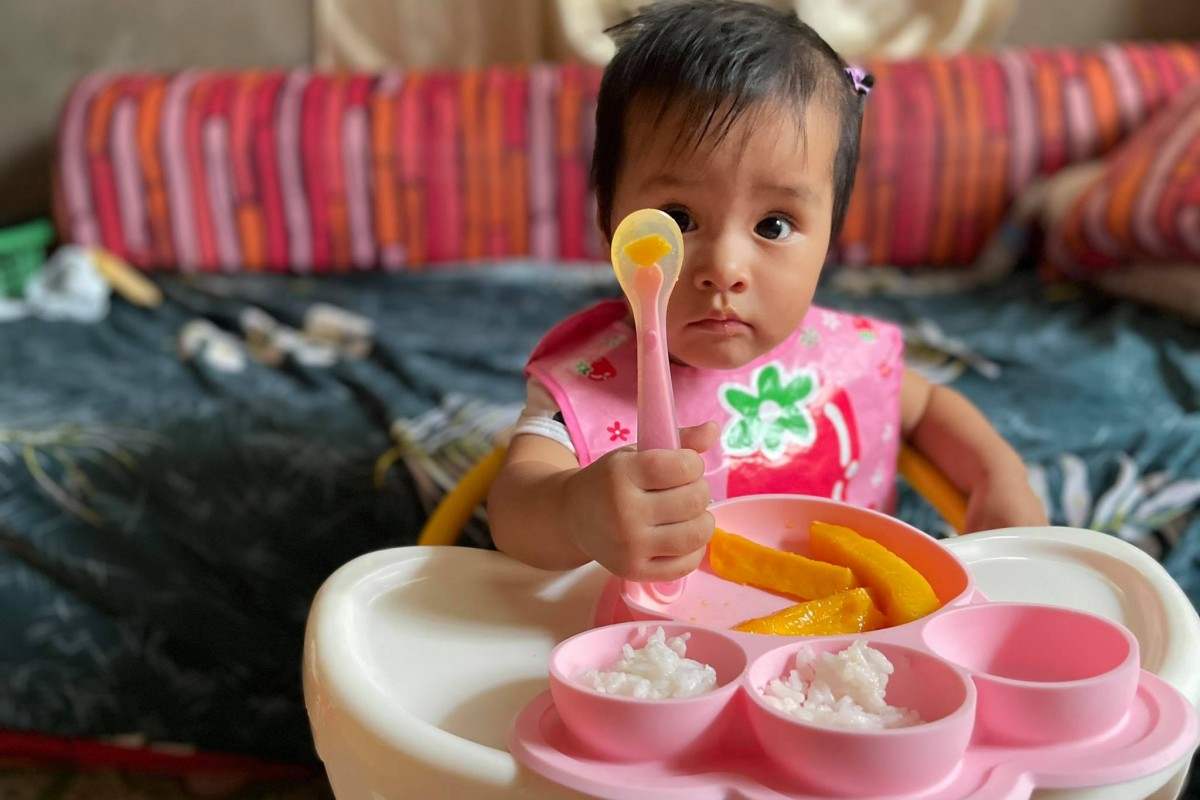As provided under Presidential Decree 491 or the Nutrition Act of the Philippines, government offices are conducting campaigns every month of July to create greater awareness among Filipinos on the importance of nutrition.
What does nutrition have to do with the government? Why is it important for the government that all of us should have a greater awareness about proper or good nutrition?
If you are still unaware of the answers, here is what proper and good nutrition has to do with the government and to the nation as a whole.
According to Section 13 of the Philippine Constitution, the government recognizes the vital role of the youth in nation building.
Moreover, Dr. Jose Rizal’s famous quote stated that “Ang Kabataan ang Pag-asa ng Bayan.”
Yes, the children of this nation is indeed our future leaders, teachers, engineers, architects, doctors, surgeons, dentists, accountants, lawyers, artists, authors, designers, chemists, editors, scientists, nurses and many more who will be the next group of people or generation that will vote, hold office, and serve the community.
However, how can our children achieve their good future and contribute to nation’s building if they have weak immunities, stunted growths, undernourished, overweight or worse have illnesses.
According to the National Nutrition Council’s (NNC) First 1000 days talking points, proper or good nutrition is an important driver for a child to achieve maximum growth and development potential that has a lasting, profound effect in the life course.
In addition, the 1,000 days non-profit organization based abroad, noted that nutrition, in particular, plays a foundational role in a child’s development and her country’s ability to prosper.
The organization also said that “poor nutrition in the first 1,000 days can cause irreversible damage to a child’s growing brain, affecting his ability to do well in school and earn a good living—and making it harder for a child and his family to rise out of poverty.”
Because the future of our country is in the hands of our children, the government advocates proper nutrition among all Filipino children through various campaigns.
One of these is the “First 1,000 days” campaign, with NNC as the lead agency implementer.
The NNC said the First 1000 Days is globally recognized as the “golden window of opportunity” for nutrition and related interventions to have a positive impact on the child’s physical and mental development.
In Dagupan City, Mayor Marc Brian Lim also acknowledged the importance of the first 1,000 days in every child’s life.
“In fact, even before maipanganak, it is very important na ‘yong mother ay mabigyan na ng proper nutrition. Folic acid, check ups, etc., all of that are included. And when they finally enter the world, it is important na mabantayan ang bata in terms of proper nutrition because nutrition is really the foundation of a child’s future,” Lim said.
He said that everyone should understand how nutrition affects not only the first 1,000 days of our life, but really, our entire lives.
“Kung paano sila makapag-aral, how they absorb knowledge, how they physically develop, lahat po ‘yan ay connected to nutrition. Idagdag ko lang, even in this time of pandemic, nutrition is very important,” Lim said.
So, what is the First 1000 Days? How can we make our children healthy through this 1,000 days program?
The NNC said the First 1000 Days is the period between conception until the child’s 2nd birthday.
It comprises 270 days of pregnancy, 365 days for the first year of life of the child and another 365 days for the second year of his/her life.
- Pregnancy (270 days)
The First 1000 Days of life starts on the day of conception. During pregnancy, the baby is solely dependent on the mother for nourishment that he/she needs in order to grow and develop properly.
The mother should get a balanced and varied diet together with the right amounts of vitamins and minerals (iron or ferrous sulfate, folate or folic acid and iodine) to provide the needs of the growing child in her womb.

- Birth to 6 months (180 days)
Starting from the first hour after giving birth, the mother should exclusively breastfeed the infant for the first six months of life.
This means that the infant should receive only breastmilk from the mother or a wet nurse or expressed breastmilk, and should be given no other solids or liquids, except doctor-prescribed oral rehydration solution, drops or syrups consisting of vitamins, mineral supplements or medicines.
- Six to 23 months (181-550 days)
At six months, the baby should start to receive appropriate complementary feeding while continuing breastfeeding in order to meet his/her nutritional requirements for growth and development.
As the infant grows, the consistency of complementary foods should gradually change from semi-solid to solid foods and diet should be more varied. Breastfeeding should be continued up to two years and beyond. By eight months, the infant can eat finger foods and by 12 months, the child can eat almost the same type of foods that the family eats.
As a result of the pandemic and limited resources for nutrition, NNC noted that malnutrition in the country is expected to worsen.
Through this year's 2021 Nutrition Month with the theme “Malnutrisyon patuloy na labanan, First 1000 days tutukan!”, NNC called for continued efforts to address the malnutrition. (JCR/AMB/EMSA/PIA Pangasinan)



